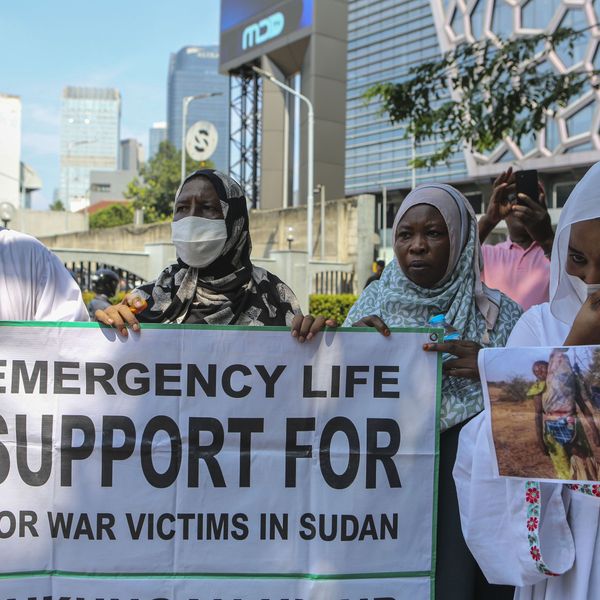The food crisis currently gripping South Sudan demands global action to stave off a deadly famine, a pair of United Nations bodies have warned.
The plea was made Friday by the heads of UNICEF and the World Food Programme (WFP) after witnessing devastation in the nation where one in three people is facing severe food insecurity.
"The world should not wait for a famine to be announced while children here are dying each and every day," said UNICEF Executive Director Anthony Lake after visit to a shelter in the city of Malakal.
Ongoing violence over the past year has displaced over one million people, impeding the planting of crops as well as access to food, clean water, healthcare and sanitation.
Without the needed assistance, UNICEF warned, as many 50,000 children could die this year from malnutrition. The two agencies also warn that as many as many as one million children under the age of five could require treatment for acute malnutrition this year.
The UN Security Council also voiced concern, issuing a statement that South Sudan's food crisis was "now "the worst in the world" and could be on the brink of famine levels.


